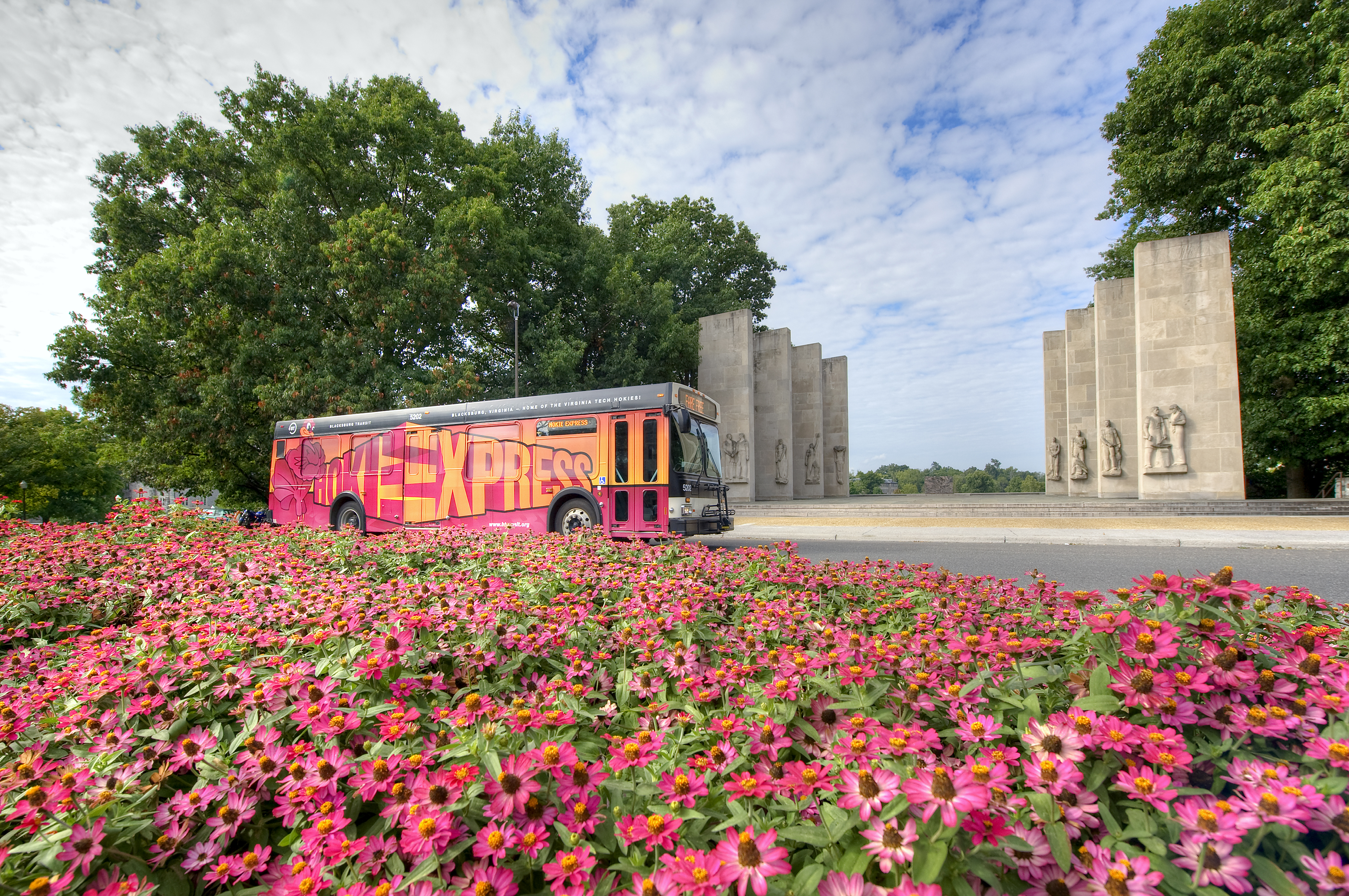Results released from 2011 Commute Challenge

In April 2011, Transportation and Campus Services asked commuters to log their commute method, distance, and time in an effort to find out how the different methods compare during the 2011 Commute Challenge.
“More than getting scientific data, we wanted participants to actively think about how they were getting to their end destinations and if there are other viable alternatives,” said Debby Freed, Virginia Tech’s alternative transportation manager.
There were 141 total commutes that were logged during the week of April 11-15, many of which took advantage of modes other than a single occupancy vehicle
“It was great to see the high number of participants who were riding their bike, walking, using transit, or some combination. Fifty percent of the commutes that were logged were multi-modal commutes where people put their bikes on buses, or walked a fair amount to catch the bus,” said Freed. “This survey also doesn’t show the overwhelming benefits of cost savings and healthier lifestyles which can play as big a role in choosing your commute method as speed does; And even though cars traveled at a faster speed, cyclists had the quickest commute from Terrace view, coming in at only 9 minutes.”
The friendliness of the Blacksburg Transit drivers was noted by one of the challenge participants, “I always appreciate the friendly drivers of the Hokie Express! When they see me running from my house they'll wait an extra few seconds to make sure I get a ride.”
Dedicated to its motto, Ut Prosim (That I May Serve), Virginia Tech takes a hands-on, engaging approach to education, preparing scholars to be leaders in their fields and communities. As the commonwealth’s most comprehensive university and its leading research institution, Virginia Tech offers 240 undergraduate and graduate degree programs to more than 31,000 students and manages a research portfolio of $513 million. The university fulfills its land-grant mission of transforming knowledge to practice through technological leadership and by fueling economic growth and job creation locally, regionally, and across Virginia.




